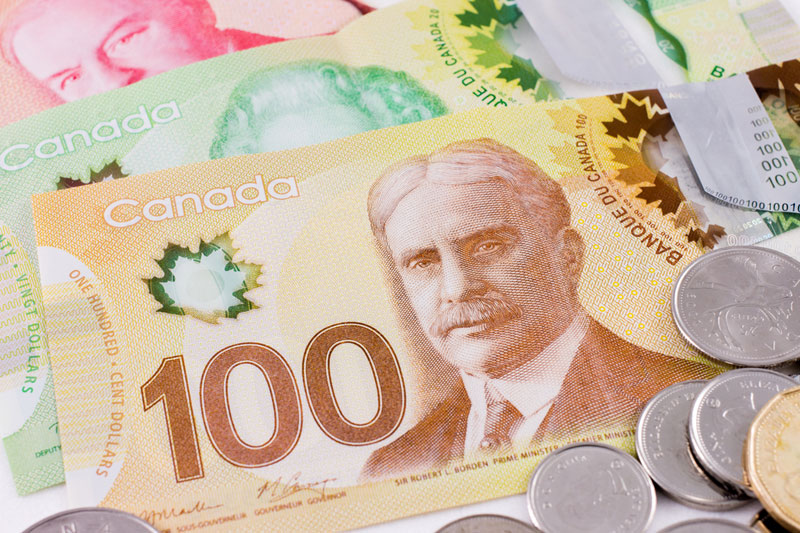By Allison Lampert and Leah Schnurr
QUEBEC CITY, March 27 (Reuters) - Quebec's government on Tuesday said it would cut taxes for small businesses, ramp up program spending and balance the Canadian province's books in fiscal 2018-19 as it eyes gains in the polls ahead of a fall election.
Quebec also said it will impose a provincial sales tax on digital giants such as Netflix NFLX.O in a break with Ottawa, which refrained from taking a similar step in its recent budget.
Quebec's Liberals, who have been in power for all but one term since 2003, have delivered successive balanced budgets and surpluses after years of deficits, winning kudos from investors. But pundits say the province's voters want change from the Liberals, currently trailing in the polls against a center-right rival.
A Liberal victory in Quebec would be a boost for Prime Minister Justin Trudeau's federal Liberal party, which hopes to pick up seats in the province during 2019 elections.
Quebec's Liberals leveraged the province's strong economic growth to invest in different sectors, raising 2018-19 program spending in areas like education by about 5 percent, while executing a previously-announced plan to reduce its debt by C$10 billion ($7.8 billion) over the next five years.
"They are able to have it more than both ways," said Sebastien Lavoie, chief economist at Laurentian Bank.
Quebec financed the voter-friendly spending by using some of the current year's surplus, which was reduced to C$850 million from a forecast of C$1.7 billion.
Quebec Finance Minister Carlos Leitao forecast a fourth straight balanced budget in 2018-19, after reinvesting a C$904 million surplus for 2018-19 in a debt-fighting fund. Leitao also promised balanced books for the next five years.
"If you cannot balance the budget at the top of the business cycle, when are you going to do it?" Leitao said to reporters.
Quebec pledged C$2.2 billion over five years to reduce taxes for small- and medium-sized businesses, lowering the corporate tax rate on service and construction companies to 4 percent from 8 percent by 2021.
Starting in 2019, large foreign e-commerce companies doing business in Quebec will have to collect provincial sales tax of 9.975 percent, a move expected to generate C$155 million over five years.
While Quebec is one of only a few Canadian provinces with balanced budgets, its debt as a percentage of GDP totaled 49.6 percent as of March 2018 - among the highest in Canada.
The Liberals plan to bring Quebec's debt-to-GDP ratio down to 45 percent by 2023. ($1 = $1.2886 Canadian)
